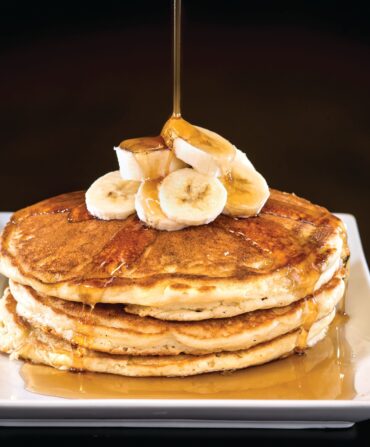Where: Nashville, Tennessee
When: year-round
If you like: music, history
Why you should go: Few music institutions can say they survived the Great Depression, a world war, a devastating flood, and a global pandemic. But Nashville’s Grand Ole Opry has weathered many storms across its century of broadcasting live—first on the radio and eventually on TV—into homes around the world. In fact, the last time the Opry didn’t air its Saturday night program was after the assassination of Martin Luther King, Jr., in 1968, which spawned a citywide curfew.
Over the decades, “the new stars of yesteryear became superstars of the day and then passed their most beloved traditions to a new generation,” says Dan Rogers, senior vice president and executive producer at the Opry. Some of those voices of yesteryear include Patsy Cline, Loretta Lynn, and Johnny Cash; today you’ll find the likes of Lainey Wilson, Luke Combs, and Darius Rucker on the Opry’s membership roster. But fans can expect artists young and old to grace the two-hundred-something shows planned for 2025 (the most in Opry history), which will culminate in a November 28 anniversary special. And this fall the Opry will broadcast from the Royal Albert Hall in London—its first international staging.
G&G tip: Before the Opry moved to its current home about ten miles northeast, downtown Nashville’s Ryman Auditorium hosted the show from 1943 to 1974. It was during this era that a nineteen-year-old Elvis Presley made his one and only Opry appearance, which was deemed a flop, and a drunken Johnny Cash smashed the stage footlights with his microphone stand, leading to his temporary expulsion from the Opry. Learn about those moments and more at a new Ryman exhibit, Opry 100 at the Ryman.









